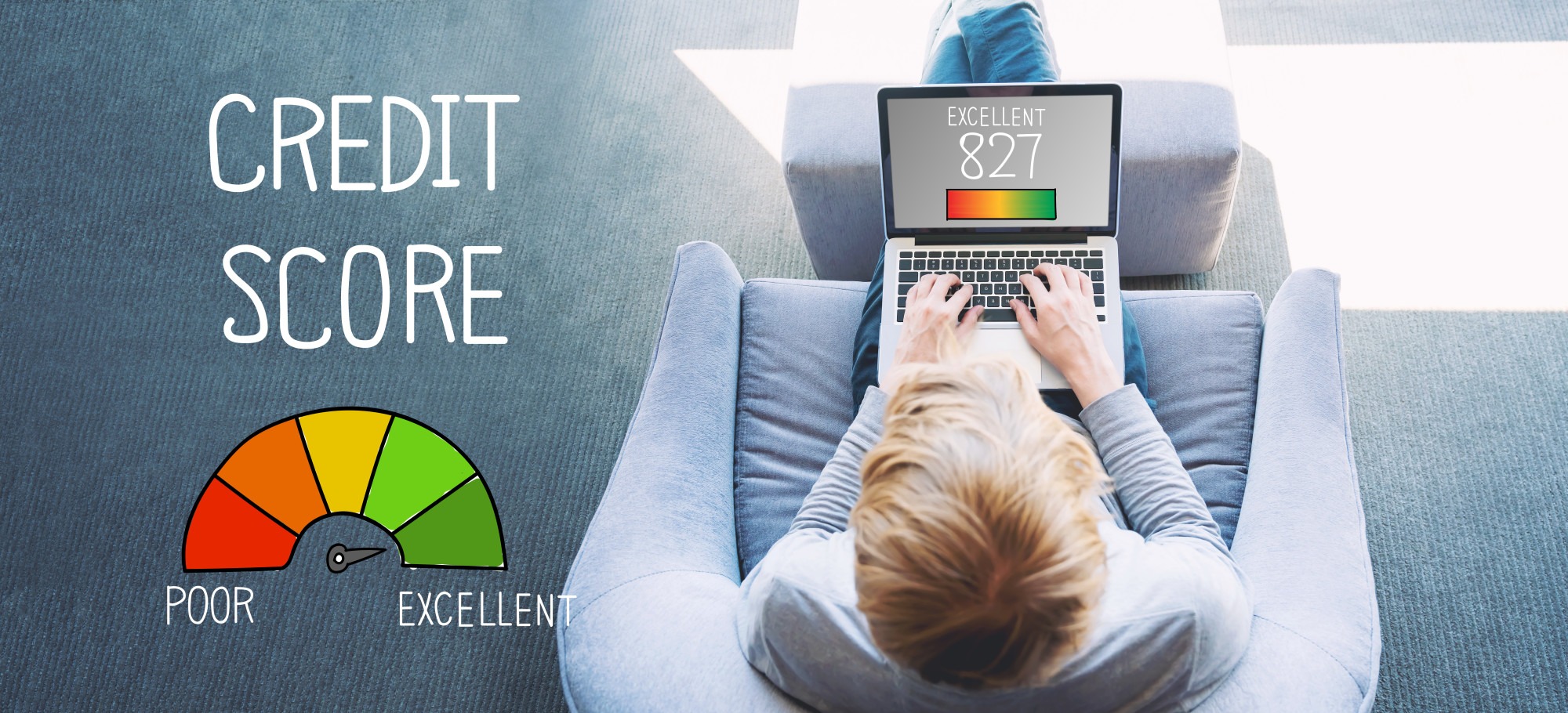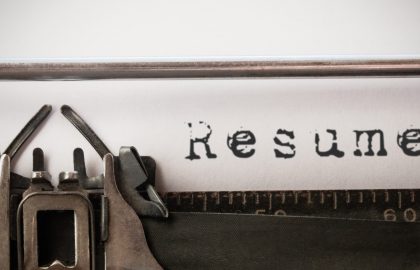What Lowers Your Credit Score: A Guide on Everything to Know
There’s no worse feeling than going to the bank to talk about getting a loan only to find out you don’t qualify.
It’s embarrassing and can make you feel incredibly low. Worse yet, it can be frustrating and confusing for those who don’t fully understand why it happened. Many people who are turned down for loans are taken completely off-guard.
We’re going to clear a few things up, namely, what lowers your credit score.
If you’ve had a bad difficulty getting approved for loans or lines of credit in the past, our goal is to help you understand why. Keep reading for our quick guide on what lowers your credit score and how to turn things around!
What Lowers Your Credit Score
As you read through our list, it may come as a shock to you just how many things are taken into account to determine your credit score. While it would be easy to throw your hands in their air and give up, we highly recommend you take a different route.
You see, your credit score is vital for getting approved for car loans, home loans, apartments, and credit cards. It also affects your interest rating on these loans, which over the years can add up to tens of thousands of dollars. Your credit score also affects how much you can get approved for on said applications.
If you want to improve your credit score, take a look at our list of the top nine things that lower it.
A High Debt-to-Income Ratio
Your debt-to-income ratio is a relatively easy concept to grasp. It is the basic formula of money coming in versus money going out. However, this only looks at debts, leaving out things such as groceries, gas, utilities, etc.
To find your debt-to-income ratio, take all of your debts and divide them by your income (after taxes). If your answer is lower than .43 (43%) than you’re doing good. If not, you may have difficulty getting approved for loans or loans with low-interest rates.
To improve this rating, start paying down debts. Generally, start with the smallest debt first. Once that’s paid off, use the money previously designated for that payment and throw it at your next smallest debt.
Maxed Out Lines of Credit
Another answer to what lowers your credit scored is maxed out credit lines. This includes any revolving lines of credit, typically credit cards.
Having a few credit cards isn’t a bad thing. In fact, credit cards can actually have a positive effect on your credit score. However, having any of your credit cards at their maximum limit is bad.
It shows creditors that you can spend easily, but not pay back easily. This is not the characteristic of someone they want to loan to.
Little or No Credit History
No credit history can be just as bad as negative credit history. You don’t start fresh out of the gate with a sterling credit score, you have to build it up.
The best way to do this is with simple credit cards or very small loans. Remember not to max out your credit lines, but you must use them. A credit card sitting with a $0 balance won’t do anything for you.
We recommend using your credit card for groceries, gas, etc., then paying it off every month down to zero. However, don’t get in over your head or your credit builder will become your credit destroyer.
Making Late Payments
Your payment history is a large factor in determining your credit score. Creditors want to see how you have treated other debts and bills.
If you have a history of making late payments, they won’t be chomping at the bit to loan you money. A few late payments over the course of a couple of years is no big deal, but a repeated offense is what lowers your credit score.
Missing Payments or Making Partial Payments
Even worse than late payments are non-payments or even partial payments. Again, remember that your credit score is a tool creditors use to determine if they want to trust you with their money.
If you have a habit of missing payments altogether or only making partial payments, it won’t bode well for your application.
Having Too Many Credit Cards
Earlier, we told you that owning a couple of credit cards is a good thing, assuming you keep them paid down. However, too much of a good thing can be bad. Even drinking too much water can kill you.
Likewise, too many credit cards in your name can quickly become what lowers your credit score. It shows potential creditors that you may have trouble paying all of those lines of credit each month.
Think twice about applying for in-store credit cards, even if the deal seems too good to be true.
Having Bills Sent to Collections
If you are negligent on any payments long enough for them to be sent to collections, it can very negatively affect your credit score.
This shows creditors that you not only miss payments but do so to the extent that third parties need to get involved. For this reason, it’s important to always update your address if you move. Otherwise, you could have bills sitting in the mailbox of an empty home.
Applying for Multiple Lines of Credit/Loans
In an attempt to beat the system, applying for multiple loans can also be what lowers your credit score. However, in the case of “rate shopping” for home and auto loans, it usually isn’t affected poorly.
On the other hand, applying for multiple lines of credit within a short period of time will lower your credit score.
Errors
Finally, errors can be another contributing factor to what lowers your credit score. No person or company is perfect. It’s not uncommon for mistakes to be made by others which negatively affects your credit score.
That’s why it’s important to frequently check your score and take an in-depth look if something seems off. In this scenario, you can dispute the error to get things lined up.
Start Making Changes Today
Now that you know a little more about what lowers your credit score, hopefully, you have a good idea of how to turn it around!
We hope this article was helpful to you. If it was, be sure to check out the rest of our financial articles and posts. Good luck with your credit score!






